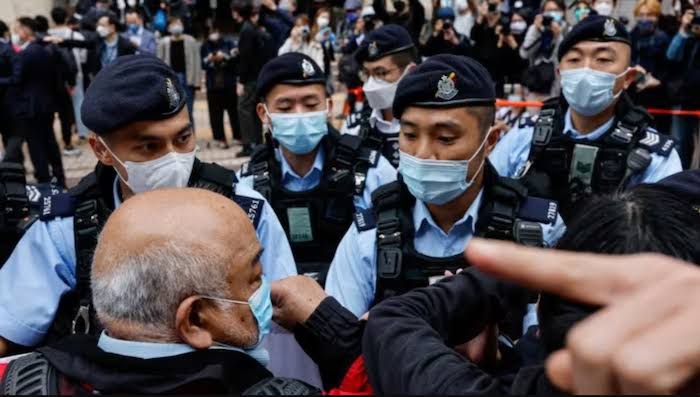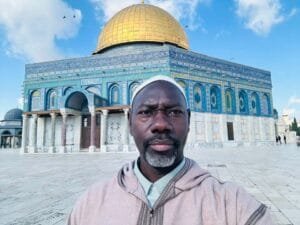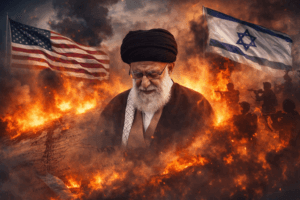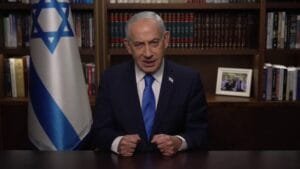Hong Kong implements controversial national security law

Hong Kong has officially enacted its new national security law, ushering in stringent penalties including life imprisonment for offenses such as treason and insurrection. The legislation, commonly referred to as Article 23, targets five categories of national security crimes and was swiftly passed by Hong Kong’s opposition-free legislature, coming into force on Saturday.
Criticism of the law has been vehement, with the United States, the European Union, Japan, and Britain among its strongest detractors. UK Foreign Minister David Cameron expressed concerns that the law would further erode the rights and freedoms of individuals in the city. US Secretary of State Anthony Blinken voiced deep concern that the law could be wielded to suppress rights and stifle dissent, potentially tarnishing Hong Kong’s reputation as an international financial hub.

Despite international opposition, Hong Kong’s leader, John Lee, hailed the passage of the “Safeguarding National Security Ordinance” as a historic moment. Lee justified the law as fulfilling Hong Kong’s “constitutional responsibility” mandated by the Basic Law, the city’s mini-constitution established after its handover from Britain to China in 1997. He emphasized the necessity of the law to prevent violence, referencing the massive pro-democracy protests in 2019.
The new law builds upon Beijing’s imposition of a national security law in 2020, which effectively stifled opposition voices in Hong Kong’s civil society. Under the new legislation, penalties range up to life imprisonment for offenses endangering national security, with expanded provisions including inciting hatred against China’s Communist Party leadership. Additionally, the law grants increased powers to city leaders to enact subsidiary legislation, expand police powers, and impose punitive measures on activists abroad.
The implementation of the law has prompted international concern, with the United Kingdom and Australia updating their travel advisories to warn citizens about potential repercussions. Former US House speaker Nancy Pelosi labeled the law an alarming expansion of the Chinese Communist Party’s assault on freedom in Hong Kong. Protests are anticipated worldwide, particularly from the Hong Kong diaspora community, which has relocated to countries such as Britain and Taiwan following the 2019 protests.
While public response within Hong Kong has been relatively subdued, protests are expected to burgeon globally against what many perceive as a grave infringement on democracy and freedom of speech. With the enactment of the national security law, concerns mount over the future of dissent and civil liberties in Hong Kong, signaling a significant shift in the city’s political landscape.














